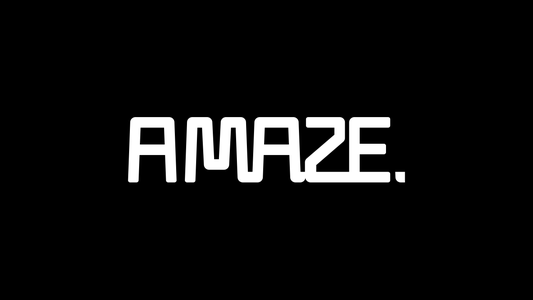I realized that my earlier post on Canargy told a bit about the why of its creation and presented the results, but for any who wanted to produce such a language, it was pretty short on details. So, if you've ever wanted to devise your own argot, read on!
First, for those who are still wondering why I thought a conlang was needed at all in ChronoBlade, I'd point to their history of adding depth and richness to worlds, particularly in SF and Fantasy, across media, from Syldavian to Dothraki to Al Bhed. Second, each of the heroes in ChronoBlade's multiverse came from a different reality: we started in Ragnarok, where Old Norse was spoken, and Thera's world of Minova used a mix of Minoan and Mycenaean Greek, while Uru'abgal, Lophi's place of origin, used Ancient Sumerian, so a distinctive idiom for Empyrea seemed in order in terms of maintaining parallelism if nothing else.
Returning to argots, they exist around the world and have for some time. Apart from the English Thieves’ Cant (which I’ll simply refer to as Cant going forward) I mentioned in Part 1, there are others: Rotwelsch, Germanesco, and Šatrovački, to name a few. They share some properties of pidgins, creoles, jargons, and slangs, but there are a few things that distinguish an argot from these.
The first is the argot's crypto-ludic function, or how the language disguises meanings; this is also done as a kind of linguistic game—many words are jokes or puns. Another, more important function has been described as connivance, but drives at group belongingness and exclusion of others. A third distinguishing feature of argots is their changeability: essentially, as one of these languages' words become absorbed into the mainstream language, they must continually be replaced or the argot loses its connivance function, and so ultimately its usefulness.
Because of the unique character of argots, philologists, linguists, writers, and many others have been very interested in understanding and documenting them for some time: Cervantes includes words and phrases of Germanesco in his short story, Rinconete y Cortadillo,* around the turn of the 17th century, and Hugo researched the French argot of his time extensively for Les Misérables.**
Linguistically, an argot is a variant of a language, somewhat like a dialect, where syntax remains intact but vocabulary is transformed. Words in an argot tend to take on the phonology and later, orthography (which in turn can further alter phonology) of the parent language. They are voracious borrowers from other languages (clearly a good way to disguise meaning), and use words of the parent tongue as well, but in unusual senses. An example of the former in Cant would be:
Cosh (Romani košter—stick): a club or blackjack
Initial k- feels slightly foreign to English, so it is replaced by c- (likely unless it precedes a front vowel, when it would tend to be softened). Obviously š is also strange, but the phonetic value ʃ is common, and typically rendered in our language as sh. The last syllable is simply elided.
An example of the latter would be:
Cackling-Fart: an egg
The transformation of these already-English words is only in meaning. This is obviously an extended joke: a chicken is a cackler, and what is produced from the nether regions is a fart.†
Examples of words in standard, modern English that are generally agreed to have derived from Cant include (with their Cant meanings noted here remaining more or less intact):
Nark: police spy or informer
Pal: brother
Snack: a share, a part or portion
Tip: to give, to pass††
Words like angler, bamboozle, booze, bunco (as in “bunco-squad”) , cute, gibberish, goon, jockey, lift (in the sense of “steal”), musty, neat (in the context of booze), qualm, slang, sot, swank, swashbuckler, swig, swill, tipple, underhanded, urchin (as a child rather than a hedgehog), and whippet, whose etymologies are either missing or conjectural are ones I’d venture also derive from Cant based on my own research, and I’m sure there are many more of which I’m unaware.
As noted previously, syntax is also provided by the parent language, as can be seen in a few examples:



































